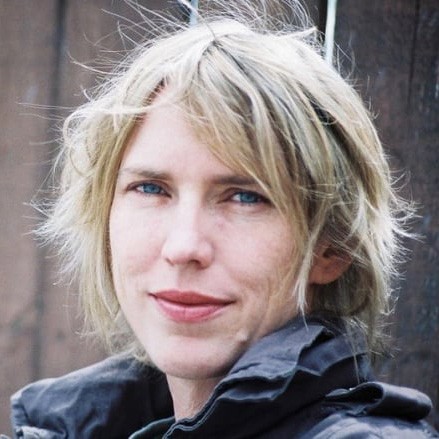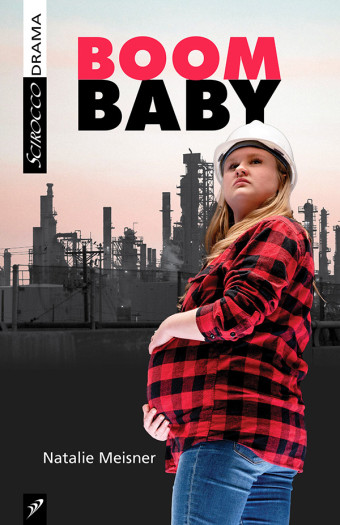Miriam Toews’s latest novel, Women Talking, packs a wallop. Based on a true incident, deeply felt and timely, here Toews probes topics ranging from migration to redemption.
In a remote Mennonite colony in Bolivia, over a period of years, many girls and women would wake up “feeling drowsy and in pain, their bodies bruised and bleeding, having been attacked in the night.” Several men from the colony had been responsible for the rapes, drugging the women with an animal anaesthetic.
At the start of the novel, the accused men are in jail, awaiting trial. The bishop and the elders have gone to the city to raise bail for the men, to return them to the colony. Then the women will be “given the opportunity to forgive these men, thus guaranteeing everyone’s place in heaven.

- Women Talking
- Miriam Toews
- Knopf Canada
- $29.95 Hardcover, 240 pages
- ISBN: 978-07-35273-96-2
- Buy at McNally Robinson
If the women won’t forgive, they will have to leave the colony, excommunicated and banished to the outside world, of which they know nothing.
Toews explains, “Rape and sexual assault are, in part, crimes of entitlement. Any Mennonite woman who has experienced living in a religiously conservative community, which are by nature authoritarian and patriarchal, understands the culture of shame, guilt, and silence, and how denial and secrecy and obedience are exploited, even to extremes.”
She goes on to say, “I think it’s important to use the words ‘hatred of women,’ when we talk about what motivates these assaults, and then to, again, attempt to understand how this hatred is created.”
The women meet in a loft to discuss their options: do nothing, fight back, or leave. Over the course of two days they hammer out what it is they want: for their children to be safe, to keep their faith, and to be allowed to think. This is revolutionary. “Within their patriarchal culture, like patriarchal cultures everywhere, their voices don’t count,” Toews says.
“It’s important that we attempt to understand how these types of abuses happen, how they are allowed to happen, and to work at stopping them from happening, even with the knowledge that we can’t necessarily ‘forgive’ those who commit them.”

One of the men, Klaas, disrupts the women’s discussion by his unexpected return. “Klaas is a man who has been well indoctrinated into this type of religion-based patriarchy: entitled, violent, fearful,” Toews says. “Whatever sense of fairness or respect or kindness he may have once had has been reprogrammed by authoritarian and fundamentalist thought. The boys and men in these types of communities need to be re-taught, and given back their humanity.”
When asked if there could ever be a real possibility of forgiveness for the harm done to the children, Toews answers, “Objectively, I like to think so, yes. But as a mother and grandmother, it’s difficult to imagine myself getting to that place.
“But I think it’s important that we attempt to understand how these types of abuses happen, how they are allowed to happen, and to work at stopping them from happening, even with the knowledge that we can’t necessarily ‘forgive’ those who commit them. I don’t believe that we need to ‘forgive’ in order to move forward, especially in order to move forward to something more constructive like a pragmatic, sociological understanding of the circumstances in which these abuses happen, and prevention.”













